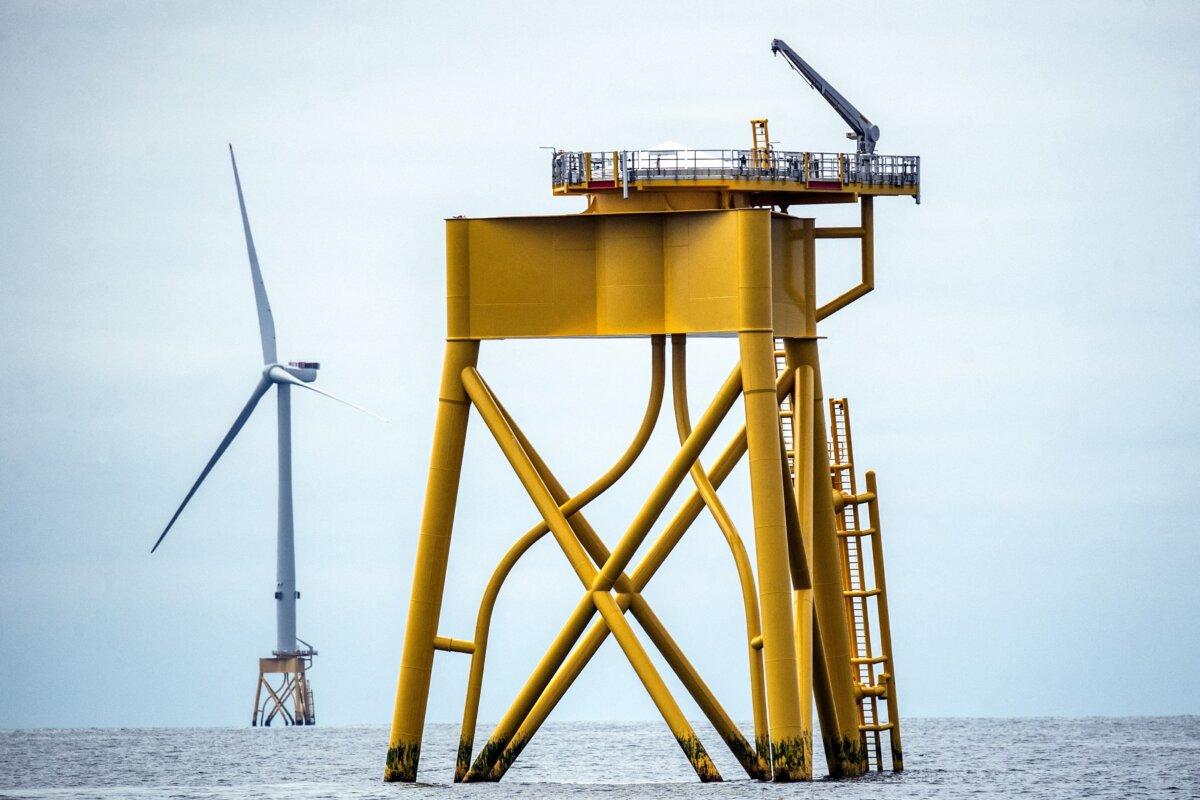Without swift action and investment, Scotland’s oil and gas workers face an “unjust transition,” as the industry shifts from fossil fuels to renewable energy.
Report authors warned that without clear plans, job opportunities, and training schemes, communities and the local economy could suffer, as workers struggle to find roles in a post-fossil fuel energy landscape.
‘No Plan’
The Just Transition Commission, which provides independent scrutiny and advice to governments on the energy transition, said that there is “still no transition plan for oil and gas workers.”The commission said that workers, industry, businesses, and communities need the government to outline a clear plan for creating job pathways for oil and gas workers, including roles in renewables and decommissioning. It also called for the creation of new green jobs and better preparation to manage potential economic shocks.
Authors wrote: “Accelerated deployment of offshore clean energy is essential and for this to happen employment in the offshore wind and associated transition industries must be made more attractive.
Plan for Training Needed
The report notes that “a very significant portion of the current oil and gas supply chain workforce is highly transferable to renewables.”The commission said that a “clear plan for training” was needed to retain this skilled workforce. This is key, not only to ensure locals remain employed, but to support the national and Scottish governments’ aims to decarbonise the grid.
“There is a risk that a disorderly transition will lead to the loss of skilled workers in Scotland who might otherwise switch from oil and gas to renewables,” the report said.

Oil and gas workers have high levels of skill transferability, and as drilling processes vary little around the world, they could find well-paying jobs abroad, such as in Dubai.
Workers ‘at Heart of Just Transition to Net Zero’
The commission called on the UK and Scottish governments to work with each other “to bridge the widening jobs gap, and so ensure the UK retains, supports and enhances the skilled workforce required for the transition.”The report said: “The decline of oil and gas production in the North Sea has been underway for a quarter of a century and the current path is not delivering a just transition.
“Without urgent and ambitious action, investment and government leadership, Scotland’s offshore transition will not take place fairly, with harmful effects on workers, communities, employers and the regional economy of the North East that could otherwise be avoided.”
The Scottish Government told The Epoch Times that it welcomed the Just Transition Commission’s work in setting out the issues for the energy transition of industries in Aberdeen and the north east.
Acting Net Zero Secretary Gillian Martin said: “Workers are at the heart of Scotland’s just transition to net zero. The Scottish Government is working with the energy sector to plan for a multi-skilled workforce and enable our skilled offshore workers to carry their experience and expertise into different roles as the sector evolves.
“We will continue to work together with organisations and workers across the region to ensure people and the communities they live in continue to thrive.”
A Department for Energy Security and Net Zero spokesperson told The Epoch Times: “We have taken rapid steps to deliver the next generation of good jobs for North Sea workers in a fair and orderly transition as part of our Plan for Change, including by making the biggest investment in offshore wind and two first-of-a-kind carbon capture storage clusters.
“This comes alongside Great British Energy, which has already announced a £300 million investment in British supply chains, unlocking significant investment and helping to create thousands of skilled jobs, progressing our mission to make the UK a clean energy superpower.”







